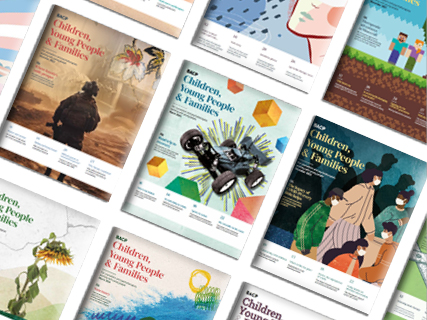I’ve been conducting therapy with children and young people for about two years now in school, and academic settings. A key factor for me in choosing to work with this particular group is my current doctoral research into the links between experiencing school bullying within school settings, and the potential for the victim to enact violence within society.
Furthermore, my personal experiences of high school were very difficult, and by and large influenced me to become a practitioner. I’ve found that my area of expertise in school bullying has been largely beneficial for children and young people, as bullying within the school environment is a central issue that is continuously brought into the counselling room.
Through my facilitation of therapy, and (when relevant to a client’s process) the offering of some explanation as to why people bully, and the potential long-term psychological experienced by victims has been very helpful in some instances. In addition to this, I’ve had a diagnosis of neurodiversity since my early adolescence, I now work with children and young people who are currently being assessed for neurodiversity or have had a recent diagnosis. My neurodiversity gives me greater empathy for clients during therapy, and offers me some understanding of how they experience the world around them, particularly in academic settings. I use the word some, as it’s important not to generalise everyone’s experiences of neurodiversity.
There are obvious challenges working with children and young people, such as higher levels of risk, challenging behaviour, and at times levels of disinterest in therapy. The work with the clients is extremely rewarding, eye openingand displays the great philosophical perspectives that children and young people have towards their respective worlds, and the wider world itself. I would highly recommend any trainee therapists to aim to work with children and young people, when they’re qualified to do so, as more often than not they teach us so much about ourselves.


